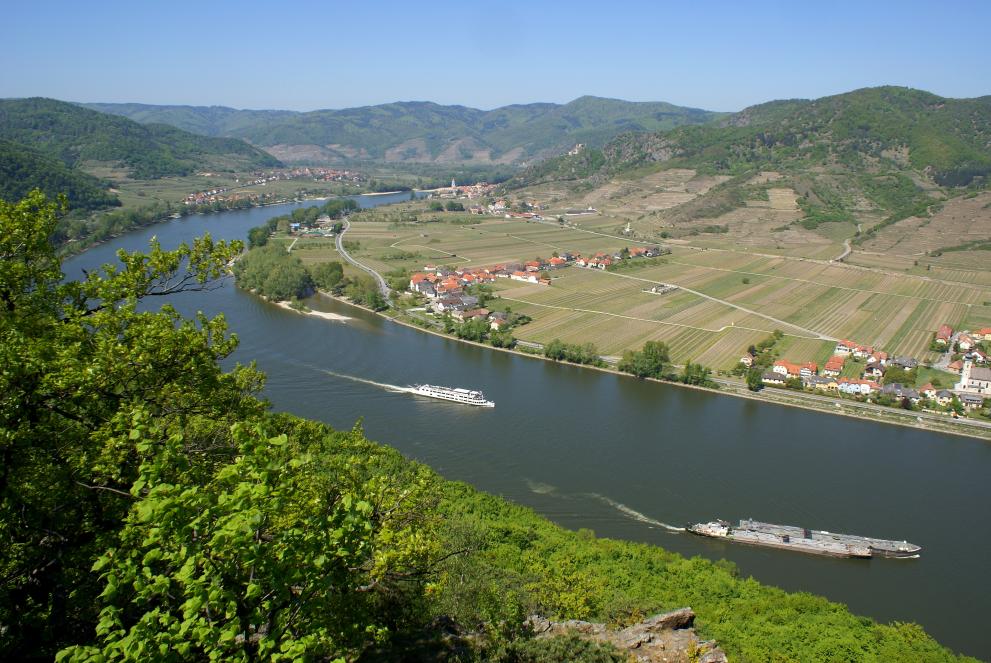
On 25 February, the European Commission published its Staff Working Document on the Evaluation of Directive 2005/44/EC on harmonised river information services (RIS).
Standardisation and harmonisation are feted as the main benefits of the Directive on harmonised river information services (RIS) in the European Commission’s Staff Working Document published on 25 February.
The evaluation found that the 2005 RIS Directive and its implementing acts, which establish rules on the use of harmonised river information services (RIS) to ensure the safety, efficiency and environmental friendliness of inland waterways in the EU, are still useful for the sector today. The RIS Directive has been one of the main drivers of digitalisation in the inland waterway transport (IWT), facilitating the introduction of information and communication technologies.
Stakeholder consultations carried out as part of the evaluation confirmed that the Directive remains justified and relevant, as it avoids fragmented, national RIS approaches. The stakeholders also agreed that the same benefits could not have been achieved by comparable interventions at international, regional or national level. Standardisation and harmonisation quite clearly emerge as the Directive’s key achievements, followed by improved safety.
Nonetheless, the evaluation does highlight a number of challenges and areas for improvement.
For example, the degree of harmonisation achieved differs between RIS technologies. There is also no robust evidence that the RIS Directive has had an impact on the growth within the sector, or led to the optimisation of infrastructure use.
In addition, there is clear potential for the regulatory burden linked to the slow update and adoption of technical standards to be reduced. Public and private stakeholders would welcome greater monitoring and faster implementation of the Directive, to address this weakness.
While the Directive primarily focuses on safety in navigation, the sector must now also improve efficiency and establish stronger links with other transport modes. Green, smart and congestion-free transport and logistics are key concepts for the whole transport sector, as stipulated by the European Green Deal. The IWT sector needs to adapt to respond to these new needs.
Details
- Publication date
- 4 March 2021
- Author
- Directorate-General for Mobility and Transport
